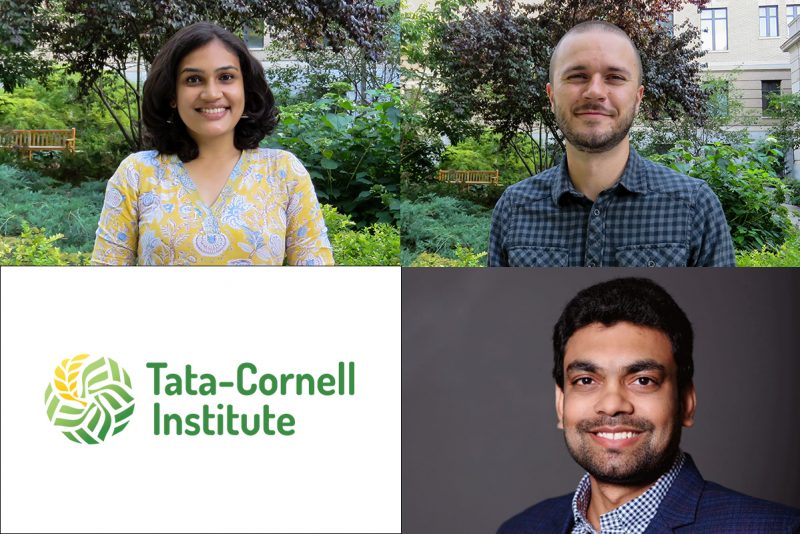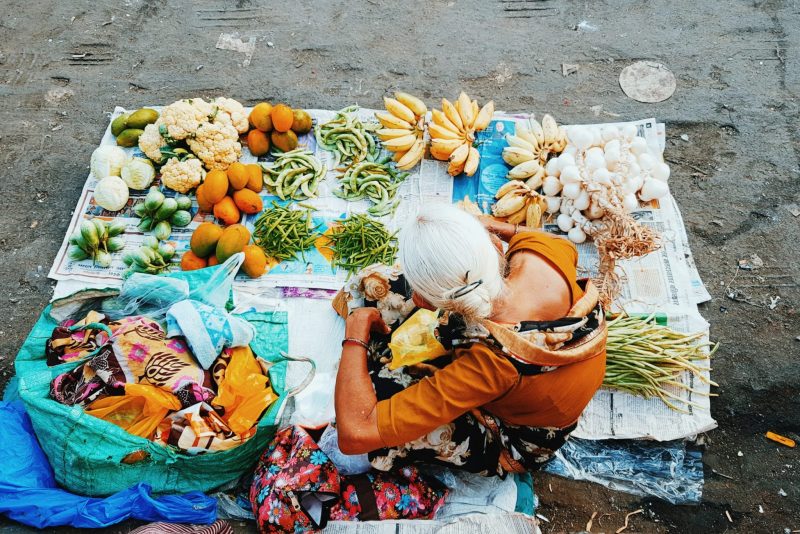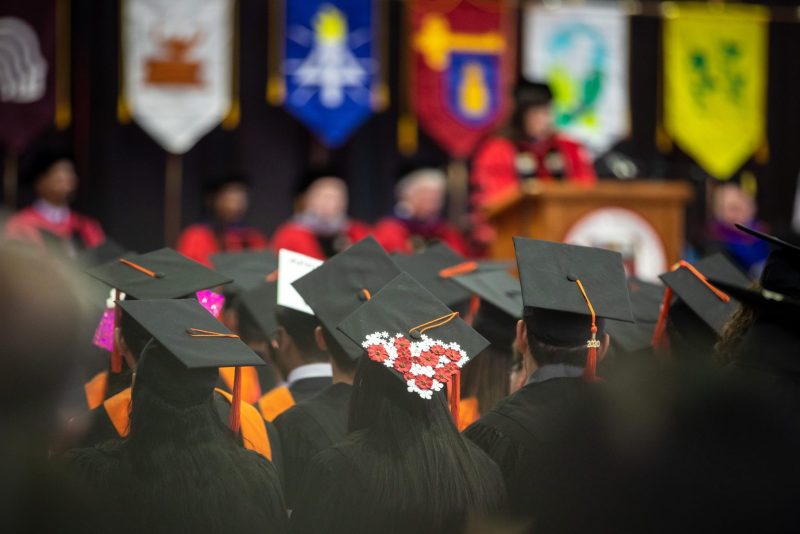“Our main interest is to spread what we’ve learned to others”
 TCi Scholar Lua Wilkinson is a doctoral student in International Nutrition at Cornell, where she researches how organizations can better utilize communications to improve nutrition interventions globally. Here, she details some of her work with TCi partner Digital Green on the use of low-cost participatory communication technologies such as video to improve nutrition among women’s self-help groups in Orissa.
TCi Scholar Lua Wilkinson is a doctoral student in International Nutrition at Cornell, where she researches how organizations can better utilize communications to improve nutrition interventions globally. Here, she details some of her work with TCi partner Digital Green on the use of low-cost participatory communication technologies such as video to improve nutrition among women’s self-help groups in Orissa.
About 40km from Keonjhar in rural India lie two village blocks, Patna and Ghatagaon, sites of a multi-organization collaboration to promote maternal and child nutrition through human mediated technology. VARRAT, the Voluntary Association for Rural Reconstruction and Appropriate Technology, has been working in these blocks for almost 30 years, and their activities are centered mainly around women’s self-help groups (SHGs). The belief is that by uniting rural women into teams of 15-20, they can support each other in things like income generation, activity planning, and educational advancement. In this area of India, every woman is somehow involved with an SHG.
Digital Green is an organization that uses participatory video techniques to spread agriculture messages throughout rural India and other parts of the world, and has been working with VARRAT since 2010. The original partnership goal, which continues today, was to support VARRAT in making agricultural videos for the community on topics such as government program awareness, technical agricultural skills, and livestock care. These included success stories as well as skill demonstrations, with content that is determined by the community in conjunction with both organizations and agricultural experts.

Each video goes through an extensive production and quality assurance process, and is then screened to SHGs by community service providers. These women act as moderators while showing the videos, pausing and posing questions throughout in order to engage the SHGs and promote adoption of the practices.
Because of increasing global interest in nutrition-agriculture connections, VARRAT and Digital Green recently partnered with USAID’s SPRING (Strengthening Partnerships, Results and Innovation in Nutrition Globally) program to produce nutrition education videos.
Maternal and child nutrition in rural Orissa remains problematic, with high rates of stunting (a term used to denote chronic undernutrition, which can have devastating effects later in life), malnutrition, and anemia. There are government programs in place that are helping improve nutrition, but these have been slow and implementation has been difficult due to lack of nutrition expertise in rural areas.
The VARRAT/DG/SPRING collaboration has already created ten videos on many nutrition related topics (see here for a complete list and to view the videos) that has been greeted with much excitement from the community and SHGs. Many women I spoke with have already reported that handwashing behavior has significantly changed, as well as their understanding of taking iron and folic acid pills. While no data has yet been published on the project, the overall acceptance of the videos into the community is very positive.
One of the more positive aspects is how excited the women are to share the nutrition messages with each other. Indeed, one of the main messages from the videos and the community service providers is to share the positive health messages with each other, so that everyone in the community can have healthier children and mothers. Most of the women I’ve spoken with so far have explained this emphasis on sharing to me, unprompted.
Scaling up the project does have some limiting factors. As in other parts of the world, there is a lack of skilled nutrition experts in which to draw from for training and video creation. Few highly skilled individuals are willing to move to rural areas, and those living in rural areas may lack the necessary expertise for content building. Nevertheless, the excitement that this technique builds among SHGs remains promising and there is certainly no dearth of research and service opportunities.





